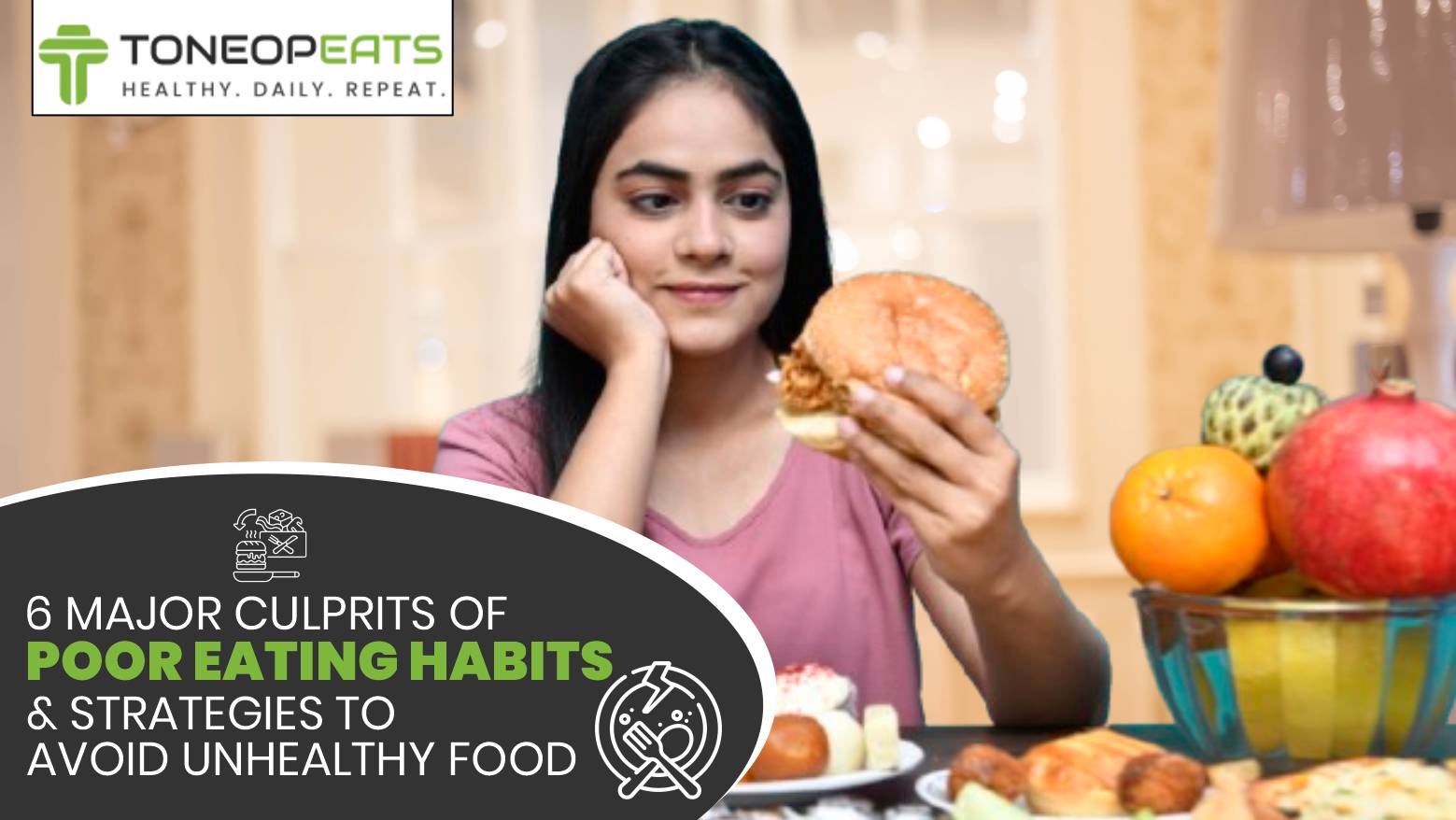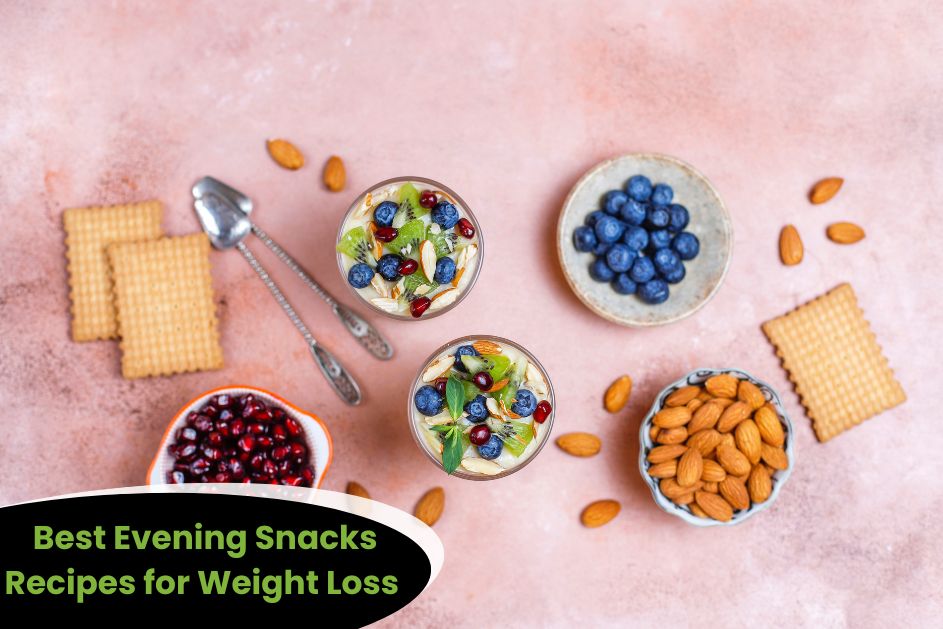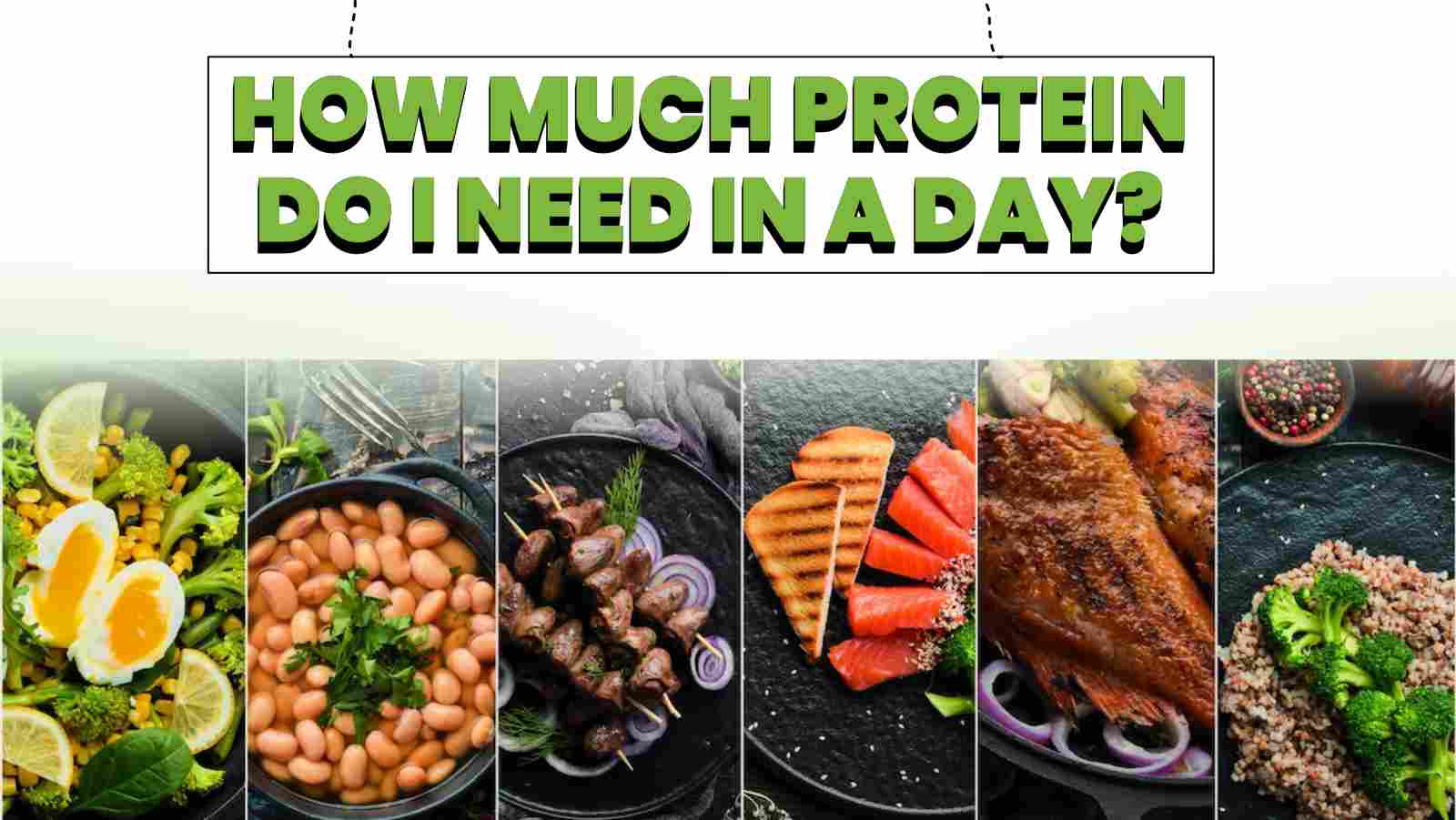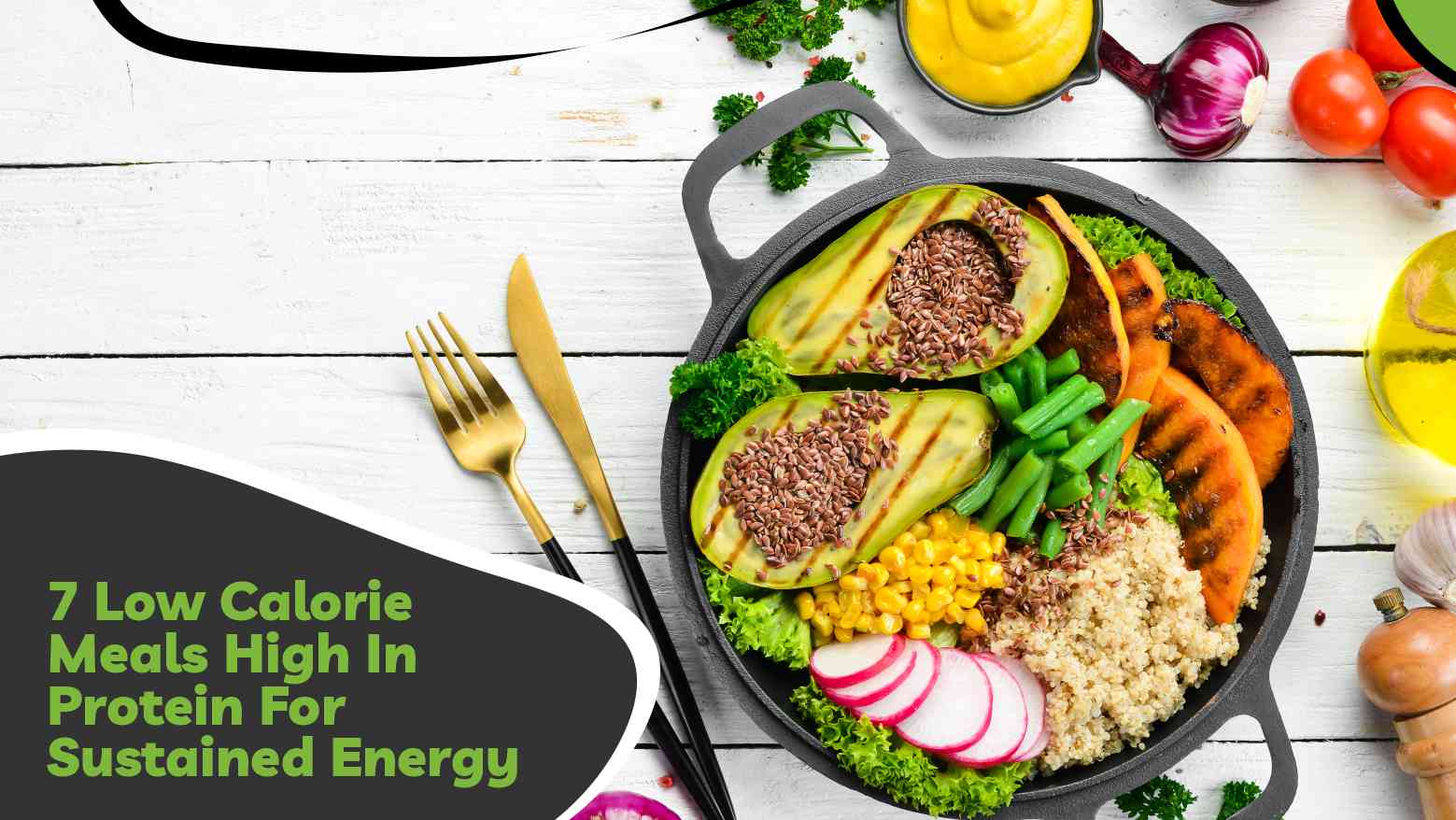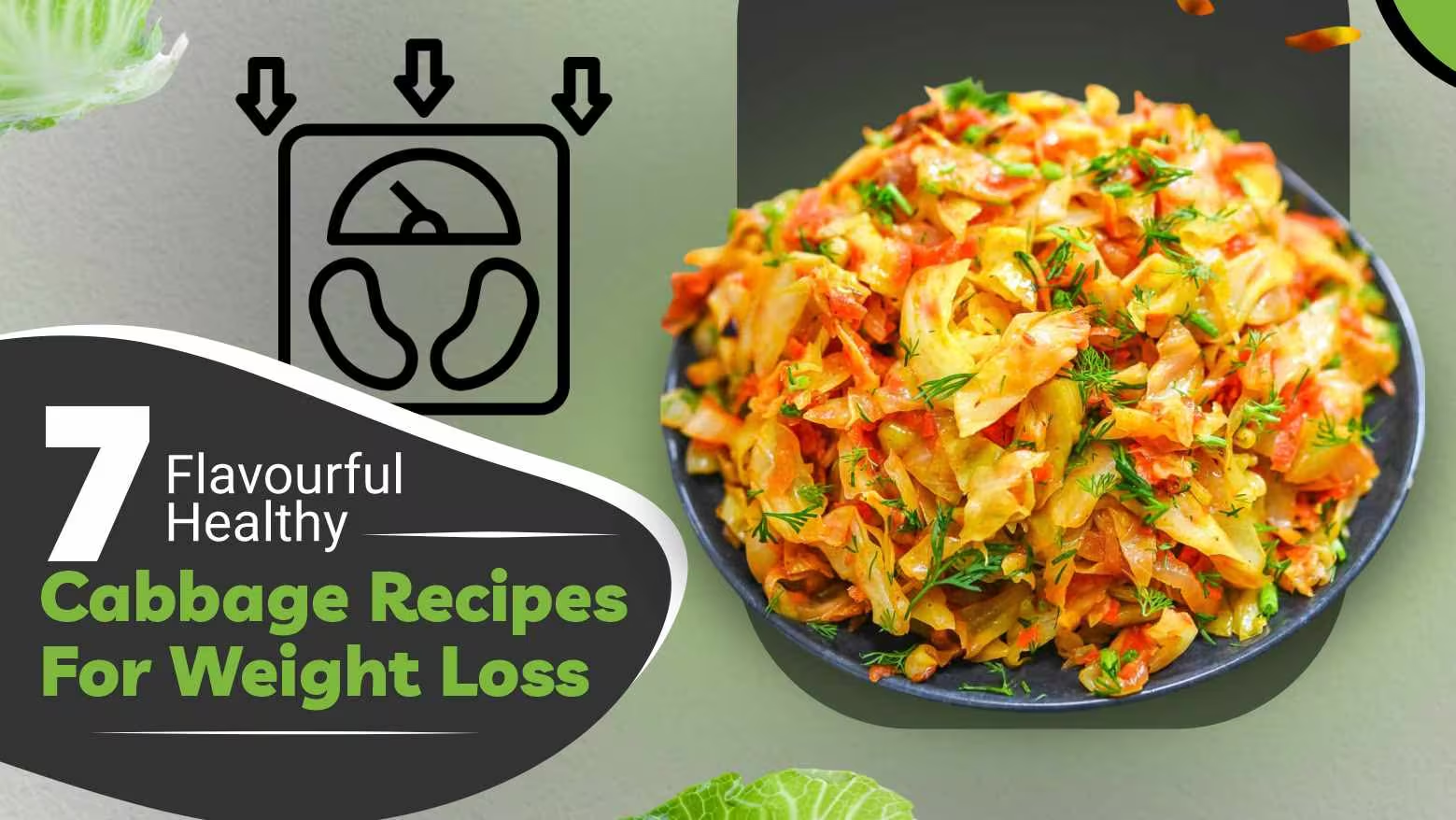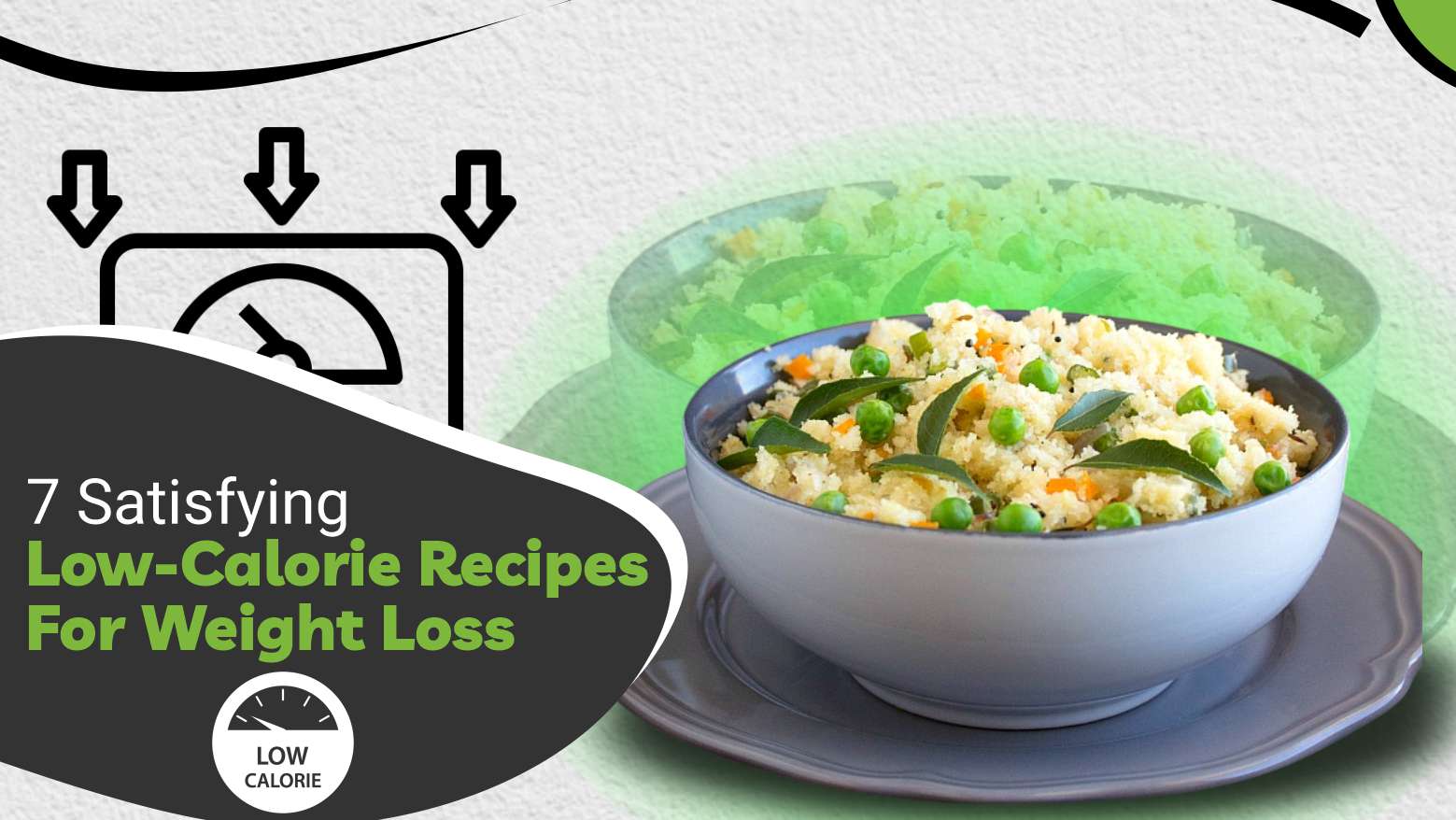Today's fast-paced society is so wrapped up in their busy lifestyles and focused on convenience that most people treat food as a lower priority.
Eating fast food off the streets, indulging in unhealthy snacks during work hours, and neglecting nutritional requirements are now prevalent practices. In the long run, however, these unhealthy eating patterns seriously negatively affect one's health, lifespan, and general welfare.
These trends stem from the growing convenience of unhealthy foods and a lack of awareness about the importance of nutrition. Many individuals find themselves caught in this cycle of convenience, choosing quick options that are often high in calories but low in essential nutrients. These individuals are often either unaware of the long-term effects of their poor eating habits or are too busy to care.
This blog will discuss the reasons, results, and ways to avoid or eliminate unhealthy eating behaviours.
Table Of Contents
- Identifying Poor Eating Habits: Key Characteristics
- 5 Underlying Causes of Poor Eating Habits
- 6 Easy Strategies for Avoiding Unhealthy Foods
- 5 Impacts of Unhealthy Eating on Your Life
- Dietitian's Recommendation
- The Final Say
- FAQs
- References
What Are Unhealthy Dietary Habits? Here Are the Key Characteristics
Poor eating habits are characterised by an individual's consistent consumption of foods that do not provide adequate nutrition needed by their body. They include:
- Overeating or Undereating: Consuming too much or too little food in relation to the body's energy and nutritional needs.
- Skipping Meals: Skipping meals, especially breakfast, can result in an unbalanced diet for the rest of the day, aiding poor eating habits.
- Overconsumption of Processed Foods: Eating high amounts of sugar, salt, unhealthy fats, and preservatives in processed foods.
- Fast Food Reliance: Frequent visits to fast food outlets where meals are often high in calories and low in nutritional value.
- Unhealthy Snacking: Regularly consuming high-calorie, nutrient-poor snacks like chips, candies, and sugary drinks.
The Global Food Policy Report 2024 reveals that 16.6% of the Indian population suffers from malnutrition due to poor dietary choices. Additionally, 38% of Indians consume unhealthy foods, while only 28% include all five recommended food groups in their diets, which are at least one starchy food, one vegetable, one protein like pulses or meat, and one dairy/non-dairy fortified alternative product.
Also Read: Sizzle Your Dishes With These Healthiest Oils For Indian Cooking (And 5 Bonus Options You’ll Love!)
What Are The Causes of Poor Eating Habits? 5 Major Culprits of Unhealthy Eating Habits

Understanding the causes of poor eating habits is crucial for addressing unhealthy diets.
1. Busy Lifestyles and Time Constraints
In today's busy society, many prioritise work, social commitments, and leisure over preparing healthy meals. Fast foods from street vendors and packaged foods from convenience stores are often quick, cheap, and easily accessible, making them attractive—and sometimes the only—option for people with hectic schedules.
Also Read: 14 Easy, Healthy Breakfast Ideas That Are Perfect For Busy Mornings
2. Food Environment
An individual's food environment significantly influences their eating habits. The rise of urbanisation has led to the rapid growth of fast food outlets and reduced access to fresh, nutritious foods, especially in lower-income areas referred to as food deserts. Grocery stores in these areas frequently lack healthy, affordable options, forcing people to turn to unwholesome, processed foods.
3. Marketing and Advertising
The food industry uses vigorous marketing strategies and tactics, particularly targeting children and young adults, to promote sugary snacks, sodas, and unhealthy convenience foods in pursuit of profit. Their advertisements glamorise and promote unhealthy foods, creating a culture that associates junk food with comfort and enjoyment. As a result, people, especially children, develop a preference for highly processed foods over healthier alternatives that they start viewing as bland.
4. Emotional Eating
Stress, anxiety, and emotional distress can turn individuals to food for comfort. When people are sad or stressed, they often turn to high-sugar, high-fat foods that trigger the brain's reward centres, providing temporary relief. Over time, this can evolve into a habit, reinforcing poor eating patterns and contributing to weight gain and other health issues.
5. Lack of Nutritional Education
Several individuals are unaware of what good eating habits and a proper diet entail. Inadequate knowledge regarding balanced nutrition, portion sizes, and the significance of macronutrients and micronutrients automatically leads to unhealthy dietary decisions. Without adequate direction, people may not understand the lasting harm their diet can cause to their health and how they can improve their eating habits.
For healthier eating and balanced nutrition, consider ToneOp Fit’s Balanced Weight Loss Diet plan. In this, you will have a dedicated diet coach to guide you through your specific dietary needs and preferences. This ensures that you make nutritious meal choices while avoiding poor dietary habits.
Also Read: Here Are 10 Wholesome & Healthy Snacks For Kids To Enjoy Any Time!
How Does Eating Unhealthy Affect Your Life? 5 Health Risks Of Poor Eating Habits
Though not instant, the impact of poor eating habits is profound. They can affect all aspects of life—physical, mental, and emotional. Over time, poor eating habits may contribute to severe health conditions and decrease the quality of life.
Let us read in detail what problems unhealthy eating and poor eating habits can have in your life:
1. Obesity
One of the most significant outcomes of poor eating habits is obesity. Consuming calorie-dense, nutrient-poor foods and a sedentary lifestyle leads to an energy imbalance, causing weight gain. Obesity can be a breeding ground for other chronic diseases like diabetes, certain cancers and heart disease.
Try ToneOp’s Diet+Fitness Weight Loss Plan for fat loss that lasts! Our two experts will provide a personalised region-based plan with a sustainable diet and live workout and yoga sessions!
2. Chronic Diseases
A diet that is high in processed foods, trans fats, and sugar may increase the risk of developing chronic diseases like:
- Diabetes (type 2): Overeating sugar can cause insulin resistance, a significant contributor to the onset of type 2 diabetes.
- Cardiovascular Diseases: Unhealthy diets can cause high cholesterol and high blood pressure, which can lead to heart attacks, strokes, and other cardiovascular issues.
- Gastrointestinal Disorders: Consuming low-fiber diets can result in digestive issues like constipation, irritable bowel syndrome (IBS), and an increased risk of colorectal cancer.
Also Read: 10 Best Foods For High Blood Pressure: Your Guide to Healthy Choices and Foods to Avoid
3. Mental Health Problems
Poor nutrition also has a significant impact on mental health. There is a strong link between diet and mental well-being. Diets with high sugar and processed foods are associated with increased depression and anxiety. Poor diets can disrupt the gut microbiome, which leads to inflammation and mood disorders. Additionally, nutrient deficiencies, particularly in omega-3 fatty acids, B vitamins, and magnesium, are linked to cognitive decline and mental health issues.
4. Reduced Cognitive Function
Unhealthy eating habits impair brain function. Diets with high amounts of refined sugars and unhealthy fats can affect memory, concentration, and learning abilities. Studies have shown that children and adults who consume unhealthy diets may struggle more with academic and professional performance.
5. Weakened Immune System
A poor diet deprives the body of essential vitamins and minerals crucial for maintaining a strong immune system. Nutrient deficiencies, especially in vitamins A, C, D, and zinc, can weaken the immune response, making the body more susceptible to infections and illnesses.
Consider immune-boosting supplements like ToneOp Care’s Turmeric, Ginger, & Garlic Oil capsules or Spirulina Powder.
How To Avoid Unhealthy Food? 6 Easy Strategies To Follow
Avoiding unhealthy foods might seem like a task at first, but once you get used to it, you will never return!
1. Plan Your Meals
Start by planning your meals for the week ahead. Focus on selecting nutrient-dense, whole foods that provide essential vitamins and minerals. Incorporate a variety of colourful fruits and vegetables, whole grains like brown rice and quinoa, lean proteins such as chicken, fish, or legumes, and healthy fats from sources like avocados, nuts, and olive oil. Meal planning not only helps you make healthier choices but also saves time and reduces food waste.
2. Keep Healthy Snacks Handy
Having healthy snacks with low calories readily available can significantly reduce the temptation to reach for processed or sugary options when hunger strikes. Stock your pantry and refrigerator with nutritious snacks like fresh fruit, cut-up vegetables with hummus, yoghurt, or mixed nuts.
Preparing snack packs in advance can make it easier to grab something healthy on the go, helping you stay on track with your dietary goals.
3. Read Nutrition Labels
Before purchasing any packaged foods, take the time to carefully read the nutrition labels. Look for hidden sugars, unhealthy fats (such as trans fats), and high-calorie additives that can undermine your health goals. Pay attention to serving sizes and ingredient lists to ensure you are making informed choices. This is like almost planning your own personalised chart of a healthy diet!
4. Prepare Meals at Home
Cooking meals at home gives you complete control over the ingredients, macronutrient balance, and cooking methods used in your dishes. By preparing your meals, you can avoid excess sodium, sugars, and unhealthy fats commonly found in restaurant or takeout foods. Experiment with healthy lunch recipes and cooking techniques to make eating enjoyable and satisfying. Plus, home-cooked meals can be more cost-effective than dining out.
5. Bulk-Make Healthy Snacks
Consider bulk-making healthy snacks to have on hand when cravings hit or when you need a quick energy boost. Foods that can be made in bulk and kept for later use include granola bars, protein balls, hummus with whole grain crackers, and air-fried cauliflower. In addition to saving time on hectic days, this guarantees that you always have wholesome options on hand rather than turning to less healthful options.
Also Read: Satisfying & Healthy Snack Ideas For Weight Loss | ToneOpCare
6. Stay Hydrated
Drinking enough water throughout the day is crucial for maintaining overall health and can help prevent unnecessary snacking. Many people often confuse thirst with hunger, leading them to eat when they actually need hydration instead. If you are active, try to consume eight glasses of water or more each day.
Carry a reusable water bottle to hydrate regularly, and consider switching up the flavour by having distinct hydration choices, such as apple cinnamon detox water.
Even if you can't follow all good eating habits, you should make active efforts to reduce exposure to unhealthy food and be conscious of what you consume. Prioritise turning healthier options into a routine rather than a quick solution. Over time, these gradual adjustments can greatly decrease the unhealthy foods you consume.
Dietitian's Recommendation
To overcome poor eating habits, it's essential to adopt a mindset that emphasises progress rather than perfection. Start by making small, manageable changes to your eating habits, which can help reduce feelings of overwhelm. Instead of an "all or nothing" approach, allow room for occasional indulgences without guilt, viewing setbacks as part of the journey.
Here are some extra tips to avoid poor eating habits:
- Always try to avoid the phone and television while eating so that you can listen to your satiety cues.
- Make sure to replace unhealthy snacks with healthy snacks in the fridge or drawers so that you have no choice but to eat healthy ones.
- Make a habit of eating at least one cheat meal a week to satisfy your cravings, and you will be able to follow healthy eating throughout the week.
Dt. Akshata Gandevikar
The Final Say
Poor eating habits can have negative consequences on physical and mental health. While modern life, brands, and advertisements often push people towards convenience and unhealthy options, there are numerous strategies that individuals and communities can adopt to foster healthier eating patterns. Mindful eating, nutritional education, and better access to healthy foods are essential to combating the global epidemic of poor diet-related diseases.
FAQs
1. How does junk food affect the body?
Junk food is high in unhealthy fats, sugar, and salt but low in essential nutrients. Regularly eating junk food like fried foods, pizza, chips, candy, energy drinks, instant noodles, doughnuts, ice cream, etc. can lead to a number of health issues. These issues can be physical as well as mental, like obesity, increased cholesterol, elevated blood pressure and depression.
2. Can unhealthy eating habits and poor nutrition cause weight gain?
Yes, unhealthy eating habits and poor nutrition can lead to weight gain. Consuming high-calorie, low-nutrient foods increases calorie intake while lacking essential nutrients, promoting excess weight.
3. What are the long-term effects of an improper diet?
An unhealthy diet and poor eating habits raise the likelihood of developing chronic conditions like hypertension and diabetes. It can also compromise the immune system, result in nutrient deficiencies, and contribute to mental health problems such as depression and anxiety.
References
- https://www.foodnetwork.com/healthyeats/healthy-tips/2011/03/top-10-worst-eating-habits
- https://www.spatzmedical.com/blog/bad-eating-habits-to-avoid/
- https://advancedbodyscan.com/how-your-eating-habits-affect-your-health-how-to-change-them/
- https://www.primeplusmed.com/unhealthy-diet-understanding-the-impacts/
- https://www.downtoearth.org.in/food/38-indians-consume-fried-snacks-and-processed-foods-only-28-consume-healthy-food#:~:text=38%25%20Indians%20consume%20fried%20snacks,only%2028%25%20consume%20healthy%20food&text=A%20new%20global%20report%20has,and%20one%20animal%2Dsource%20food.
- https://www.ncbi.nlm.nih.gov/pmc/articles/PMC10041285/#:~:text=Results:,insufficient%20recreational%20facilities%20(71.7%25).
About ToneOp Eats
ToneOp Eats is your go-to health kitchen, delivering nourishing meals in Bhopal, Indore & Bangalore. The meals are prepared with strategically planned nutrition and portions for your health goal. With just three simple steps, you can subscribe to a meal plan for weight loss, muscle gain, or balanced diet goals. Experience the perfect blend of taste and wellness in our nutrient-dense and calorie-counted range of meals, including protein-rich grills and meal bowls, full of fibre salads & smoothies, workout-friendly protein 30,40,50 meals and refreshing juices!







